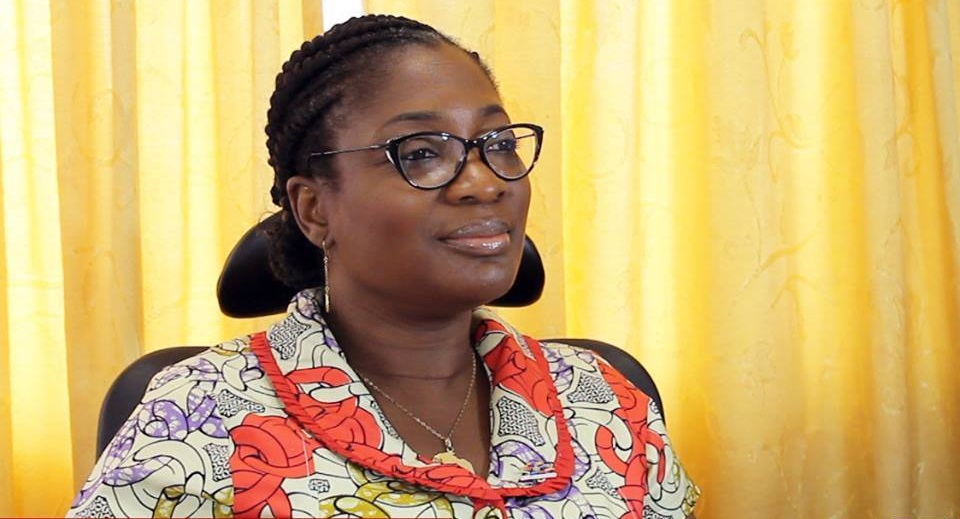Coalition of prominent civil society organizations in Sierra Leone today released a scathing analysis of the Tribunal report concerning Auditor-General Lara Taylor-Pearce and former Deputy Auditor-General Tamba Momoh.
The report, which recommended the removal of both officials from the Audit Service Sierra Leone, has been widely criticized for its lack of due process and evidentiary shortcomings.
The analysis, conducted by organizations including BAN, 50/50 Women’s Group, Sierra Leone Association of Journalists (SLAJ), ILRAJ, Citizens’ Barray and Eminent Women Peace Mediators-Sierra Leone (EWPM-SL) highlights several key concerns:
Procedural Deficiencies: The Tribunal failed to adhere to principles of natural justice and the rule of law, raising serious questions about the fairness of the proceedings.
Unclear Evidentiary Standards: The report lacks clear standards for evaluating evidence, leading to unsupported conclusions and a perception of bias.
Unsupported Allegations: The Tribunal failed to articulate specific allegations against Mrs. Taylor-Pearce and Mr. Momoh, relying instead on vague accusations of serious misconduct.
Misapplication of Legal Standards: The analysis found that the Tribunal misapplied legal standards and disregarded expert testimony from recognized authorities.
Selective Presentation of Evidence: The Tribunal appeared to selectively present evidence, further undermining the credibility of its findings.
The coalition called on Parliament to reject the Tribunal’s recommendations or delay deliberations until a complete and unbiased report is provided by the Attorney-General. They also urged the Judiciary to expedite the Supreme Court case filed by Mrs. Taylor-Pearce to ensure a timely and fair hearing.
“The Tribunal’s findings are unfounded and insufficiently substantiated,” the statement reads. “The perceived partiality undermines its recommendations and casts a shadow over the entire process.”
The organizations also called on the Constitutional Review Committee to safeguard the independence of the Auditor-General’s office, ensuring it remains “intact and unassailable.” Any proposed constitutional amendments, they argue, should focus on clarifying existing procedures and addressing current gaps, not on weakening the oversight powers of the Auditor-General.












[…] civil society organizations in Sierra Leone have released a scathing analysis of the Tribunal report concerning Auditor-General, Lara Taylor-Pearce and former Deputy Auditor-General, Tamba […]